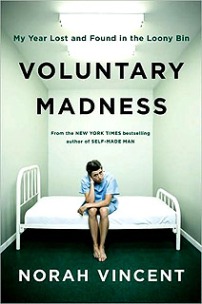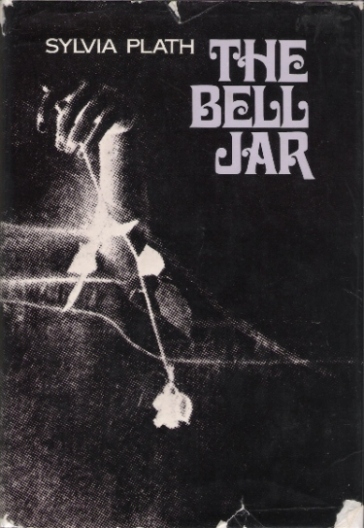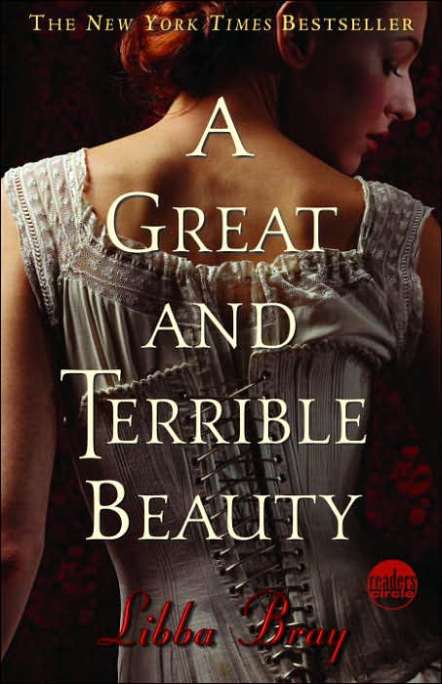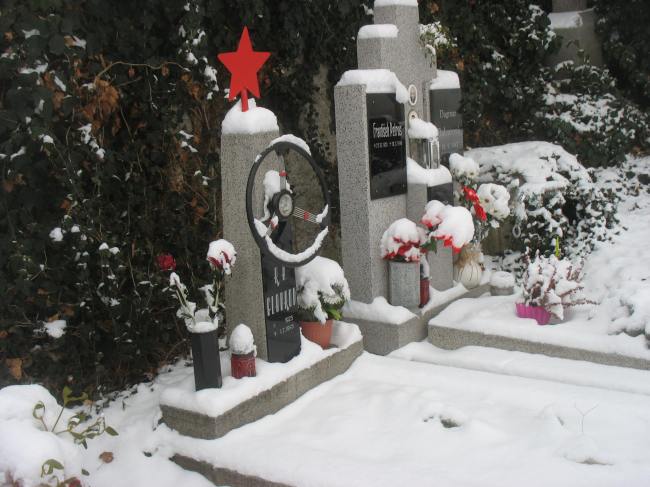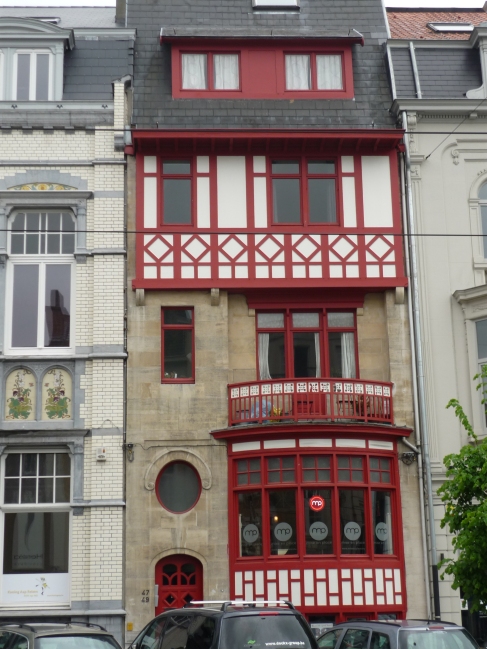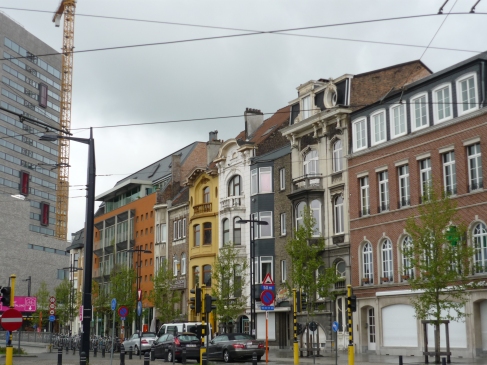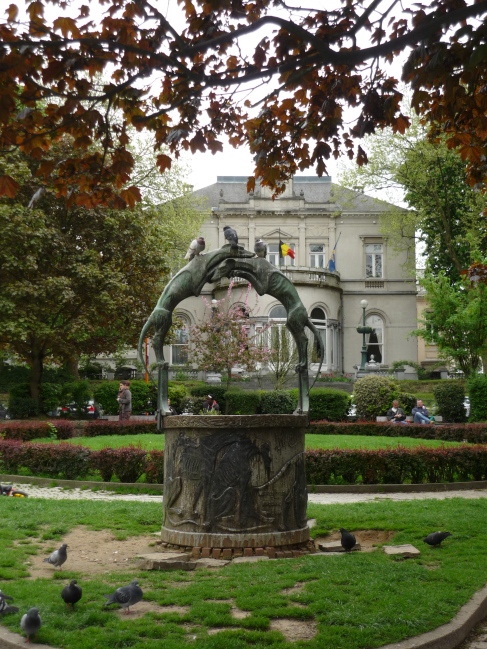I am currently researching other Master’s and short-term exchange programs that have either a certificate component or can give me college credits to transfer to a social sciences degree, because I would still prefer to complete my studies in Germany or Austria someday. Other than some perks that I will be outlining for you, it just makes more sense for the career I am pursuing if I study in German. Everybody “goes on and on” about either significantly lower or free tuition in European countries, especially in the United States where the cost of education is so astoundingly high. There’s more to it, though. That lower tuition fee comes with a lot of hard work, and also sometimes having to pay higher prices for other things such as fees, tuition for preparatory courses, and expensive certification tests.
I would also like to point out that simply getting in to a European study program with lower tuition or none at all is not easy, or else I’d be doing it right now. The clickbait articles listing countries with free or extremely low tuition online often fail to mention the criteria native students have to fulfill, and then the usually higher criteria foreign students are supposed to maintain. For instance, in Germany citizens there have to attend and graduate a special kind of high school to be eligible for university, or else pass private exams (similar to our ACT and SATs in the U.S.) to prove they are able to study. The same thing applies to foreign students wishing to study in Germany without a first bachelor’s degree, and if they attended a school system in their home country that wasn’t an International Baccalaureate program, or didn’t include enough similar study subjects to what high schoolers learn in Germany, then they are required to take additional basic courses that come with a hefty price tag for non-citizens. In addition, if you can’t prove German proficiency at C2 level with either a TelcDeutsch, Goethe, TestDAF, or ÖSD certificate, then you have to take preparatory languages courses through the university or through a public school associated with the university. This is also expensive, compared to tuition.
Also, notice that I did not list a Bachelor’s in German language and Culture as proficient proof of German language ability! My Bachelor’s was taught mostly in German and I majored in German language and culture. However, none of the German universities I have been in contact with will accept my BA and transcripts as proof of ability to speak at C1 or C2 level. However, my transcripts were accepted as proof of B2 level German proficiency by the University of Vienna, though, when I applied for the transcultural communication program. BUT, the University of Vienna has since changed its standards for language proficiency for Bachelor’s programs, and now only accept proof of C1 level German for new candidates through the same certificate programs I previously listed.
If you want to have the European uni experience and don’t have the finances to seek out an American degree that is as intensive and equivalent to a European degree, or if you aren’t fluent in a second language spoken in the country you’d like to study in (C2 is the highest achievable level of fluency), or if you aren’t a good exam taker or simply don’t have the funds to invest in all the test prep, exams, and language prep required, you ought to consider other options. Studying abroad for a semester or two through a U.S. study program, or partaking in a fulbright Teaching assistantship or research program would be a better option for you, and may also help you to achieve what you need to complete a postgraduate degree overseas.
Yeah, there are English language degrees in Europe. But in my experience, they always come with a higher tuition that you have to pay out of pocket, because Europe doesn’t have a student loan system. They’re also mostly limited to students who have Bachelor’s in the social sciences (law, international studies, economics, international business, political studies, etc.). I found as a humanities student–although my degree included several social science courses–I am excluded from these English-only Master’s programs, anyway. In an upcoming blog post, I’d like to list some short-term programs and exchanges that I’ve learned about over the years that are open to undergraduate students and would provide you with the European uni experience and networking opportunities. In this post, though, I am covering the perks of study in Europe.
1. More Cost-efficient Alternatives to Overpriced Textbooks
I didn’t have to buy textbooks while studying in Brno, and also later while in Vienna. My professors at Masaryk University posted excerpts of the chapters or texts they wanted us to read on their course web pages. The only con of this was if it was done by a professor, who still hadn’t honed his/her copy machine skills then some parts of the text would be missing or the entire text would be extremely difficult to read. In Vienna, I copied the texts directly from the library and saved them to a USB stick. The only con here is that the library at the translation and interpreting faculty is so small with limited copies of textbooks, and only one copy machine. In the beginning of the school year, there’d be a line of students out the door trying to get their texts for the semester. I did end up buying one of the textbooks because I wanted to review it other places besides in bed in my dorm on my laptop. But the cost of the textbook was also significantly cheaper than what it would be in the U.S. 12 Euros is not unreasonable.
2. Cheap Student Cafeterias with Healthier Options
Something I loved about Brno and that I notice university systems in Germany also have were mensas. Mensas are cafeterias where they sell cheap but filling student meals. In Brno, there were two mensas within 2 minutes of my residence hall, so if I didn’t want to grapple with my small, limited dorm kitchen I could just go there. There was also a mensa close to my faculty in Brno, and also two university-owned cafes nearby that sold lunch items and had full espresso bar menus, so it was super easy to eat on the go or between classes and also study. It was also less expensive to eat in student cafes and mensas than it is in the U.S. Also, German mensas seem more serious about presenting healthy, vegan and vegetarian options. I say “more serious” because many American universities “talk the talk” when it comes to this issue. But I’m always disappointed when most of the choices available for me are neither healthy nor vegetarian and also not suitable to make a full meal from. They aren’t cheap either. Or the employees cook the vegetarian and vegan food in with the same cooking oil they cooked meat in, so it’s not unusual for me to have a vegetarian option that tastes like hamburger or bacon grease.
3. Inexpensive Student Housing
I didn’t have the opportunity to do the dorm experience in the U.S. so I can’t actually compare it. But I would like to point out I didn’t have that opportunity because it would have been completely unaffordable for me, as tuition was also unaffordable and I had already had to take out loans and find grants and scholarships to cover those costs first. I did get to live on campus, though, when I studied in Brno, because European countries ACTUALLY HAVE AFFORDABLE STUDENT HOUSING. A perk of studying abroad for me was that I don’t feel like I missed out on the on-campus student experience. For students who choose to go to college locally and live at home or in an affordable roommate arrangement, studying abroad is a great opportunity to make up for foregoing the “Going Away for College” experience.
Also, I realize that student housing in the U.S. presents students some employment opportunities. However, the Student Housing Associations in Austria and Germany, I think, have a much more extensive network of student employment opportunities, especially since the student housing associations are also responsible for mensas, and also offices that specifically are intended to assist students with achieving an acceptable quality of life while they complete their studies. Many housing associations arrange language courses too, which can also be an employment opportunity for students. Anyway, this point made me think of another perk of studying abroad. . .
4. Opportunities to Learn a New Language or Improve Already Existing Knowledge of a Foreign Language
Usually when I meet students who go abroad, it’s because they are either language majors or minors and want to undergo a complete cultural immersion in the language they study. This was the reason why I initially have ever wanted to go abroad. When I was a Rotary student, I had wanted to study abroad in Norway, because I wanted to learn Norwegian. In St. Louis, Missouri at the time, there were no opportunities for high schoolers to learn Norwegian to the level of actually being able to use it. Sure, I bought a “Teach Yourself Bokmal Norwegian” book with a disc set. However, this only covered up to A2 and gave me no opportunities to practice speaking it. Well, Rotary Norway didn’t accept my application, so I chose a German-speaking country instead, because I had already been learning German and being immersed in a German-speaking culture would help me become even more proficient than my high school classes could. I chose to study in Czechia for the same reason, because I wanted to learn Czech but I couldn’t find any classes for me that were beyond tourist basics.
There are other reasons why students would want to study abroad, like competitive programs in certain fields, or wanting to experience traveling around a country or region. For that reason, I am including the opportunity to learn a foreign language. As I mentioned, housing organizations and international clubs managed by universities often provide free or inexpensive opportunities to learn the local language, or the languages of other international students. In Czechia, I taught beginning German to other international students through the international club at Masaryk University. This course was free, as were the other evening courses through this program, as long as you were a member of the international club. In the next point, I will go over some further perks of joining an international club at your host university. Not only would it be helpful to build a basic understanding of the language in the country you are spending a semester or two in. But this experience could lead to further opportunities to learn the language at a more advanced level when you return to the U.S. And I don’t think it needs to be said already what other opportunities you may have after graduating if you can master another language to B2 level.
5. Deals for Students in Europe that make Travel Cheaper and more easily Accessible
This topic will have its own post–or posts, because the deals available for students varies by country. However, many of the deals overlap and can be used in other countries too. My youth Vorteilscard made it possible for me to travel around Austria on scenic routes. Otherwise, train tickets are quite expensive. There are Vorteilscards for people over 26, but it does cost a little bit more and I think the discounted fare is a bit higher than what youth card carriers receive. I traveled extensively with Regiojet while in Czechia, and also when I returned to Austria. Despite being too old for their youth rates, I still have ISIC membership via my student banking account with Sparkasse, so I could apply that to my order information for a discount. Even if I didn’t have access to discounts, though, I would still travel with Regiojet because their fares are generally lower than competitors, they have excellent free entertainment options and services, and each trip comes with complimentary cups of coffee, tea, or hot chocolate.
I don’t regret being a member of the international club at Masaryk University. I wish I could have had a similar experience in Vienna, but I couldn’t find any information about such a club, and I think I was excluded from being contacted by the international office about such opportunities because I didn’t have to apply as an international student since I wasn’t on a short-term exchange program. There is some kind of weird gray area between Austrian citizen students and international students on short-term arrangements, which includes international students with Austrian social security numbers, who for some reason do not end up in the radar of the international office. This is one of the things I found problematic about the organization structure of Uni Wien. Anyway, not to get too far off on this negative tangent–I had wanted to discuss being a part of an international club. Not only did I have access to evening courses in Czech and other languages, the club also organized weekend and day trips around Czechia and Europe. I participated in a Prague weekend, and did a day trip to a castle. My orientation seminar included a hike, a guided tour through a cave in Moravia, and a tour of a local brewery with beer tasting. There was also a weekend exchange between the University of Vienna and Masaryk, where international students can go to Vienna and experience what it’s like to be a student there, and Austrian international students could come to Brno. There were also trips to Italy, Belgium, Slovakia, Slovenia, and Poland. Aside from being a great resource for travel destinations, the international club was also a community and helped me to find a place while I was living in Brno. I never felt alone.
In future posts, I intend to highlight these topics more in-depth and provide direct resources. It’s just that this post has become so long already. I can’t imagine someone reading through this entire blog post if I included all the resources I have too. As always, if you have any questions for me about life in Austria or Czechia as a U.S. American student, working abroad, traveling around Europe, etc., hit me up in the comments!


